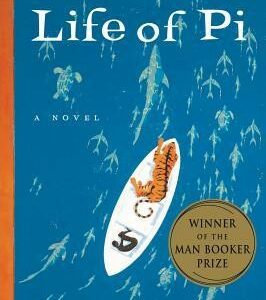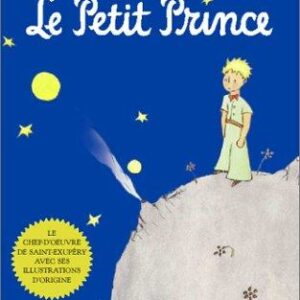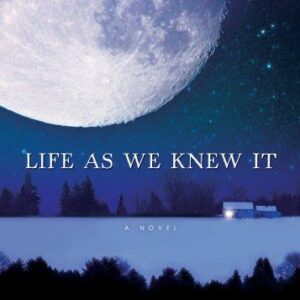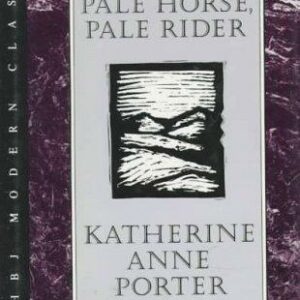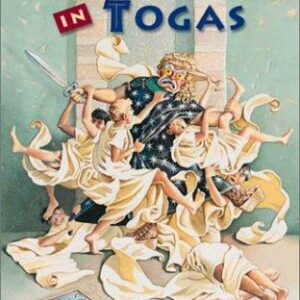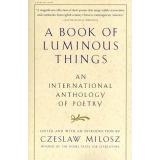Creolized Sexualities
$120.00
| Title | Range | Discount |
|---|---|---|
| Trade Discount | 5 + | 25% |
- Description
- Additional information
Description
Creolized Sexualities: Undoing Heteronormativity in the Literary Imagination of the Anglo-Caribbean draws attention to a wide, and surprising, range of writings that craft inclusive and pluralizing representations of sexual possibilities within the Caribbean imagination. Reading across an eclectic range of writings from V.S. Naipaul to Marlon James, Shani Mootoo to Junot Diaz, Andrew Salkey to Thomas Glave, Curdella Forbes to Colin Robinson, this bold work of literary criticism brings into view fictional worlds where Caribbeanness and queerness correspond and reconcile. Through inspired close readings Donnell gathers evidence and argument for the Caribbean as an exemplary creolized ecology of fluid possibilities that can illuminate the prospect of a non-heteronormalizing future. Indeed, Creolized Sexualities hows how writers have long rendered sexual plasticity, indeterminacy, and pluralism as an integral part of Caribbeanness and as one of the most compelling if unacknowledged ways of resisting the disciplining regimes of colonial and neocolonial power.
By showing how a wide, and surprising, range of Caribbean writers have contributed to the crafting of a supple and inclusive erotic repertoire across the second half of the twentieth century, the readings in this book aim to demonstrate that a recognition of creolized and pluralized sexualities already exists within the literary imagination.
ALISON DONNELL is a professor of modern literatures in English and head of the School of Literature, Creative Writing, and Drama at the University of East Anglia in Norwich, England.
Introduction: Undoing Heteronormativity and the Erotics of Creolization
1 The Queer Creolized Caribbean
2 Creolizing Heterosexuality: Curdella Forbes’s “A Permanent Freedom” and Shani Mootoo’s Valmiki’s Daughter 3 Caribbean Freedoms and Queering Homonormativity: Andrew Salkey’s Escape to an Autumn Pavement 4 Queering Caribbean Homophobia: Non-heteronormative Hypermasculinity in Marlon James’s A Brief History of Seven Killings and Junot Díaz’s The Brief Wondrous Life of Oscar Wao 5 Imagining Impossible Possibilities: Shani Mootoo’s Moving Forward Sideways Like a Crab and Selected Writings by Thomas Glave
Conclusion
Acknowledgments
Notes
References
Index
1 The Queer Creolized Caribbean
2 Creolizing Heterosexuality: Curdella Forbes’s “A Permanent Freedom” and Shani Mootoo’s Valmiki’s Daughter 3 Caribbean Freedoms and Queering Homonormativity: Andrew Salkey’s Escape to an Autumn Pavement 4 Queering Caribbean Homophobia: Non-heteronormative Hypermasculinity in Marlon James’s A Brief History of Seven Killings and Junot Díaz’s The Brief Wondrous Life of Oscar Wao 5 Imagining Impossible Possibilities: Shani Mootoo’s Moving Forward Sideways Like a Crab and Selected Writings by Thomas Glave
Conclusion
Acknowledgments
Notes
References
Index
"Creolized Sexualities's meticulous scholarship thrusts Caribbean studies well into the future, simultaneously—and generously—clearing ever more space for the emerging field of Caribbean queer studies. Donnell's trenchant prose and insights join forces to powerfully illuminate rooms and possibilities previously unconsidered."
"This will be a singular new book in the field of queer Caribbean literary studies for offering a more recent analysis of literature that has heretofore not been considered together. It echoes a larger claim about the queer nature of Caribbean sexualities rooted in the creolized specificity of the region."
New Books Network: New Books in Caribbean Studies interview with Alison Donnell
"Creolized Sexualities's meticulous scholarship thrusts Caribbean studies well into the future, simultaneously—and generously—clearing ever more space for the emerging field of Caribbean queer studies. Donnell's trenchant prose and insights join forces to powerfully illuminate rooms and possibilities previously unconsidered."
"This will be a singular new book in the field of queer Caribbean literary studies for offering a more recent analysis of literature that has heretofore not been considered together. It echoes a larger claim about the queer nature of Caribbean sexualities rooted in the creolized specificity of the region."
New Books Network: New Books in Caribbean Studies interview with Alison Donnell
Additional information
| Weight | 1 oz |
|---|---|
| Dimensions | 1 × 6 × 9 in |



